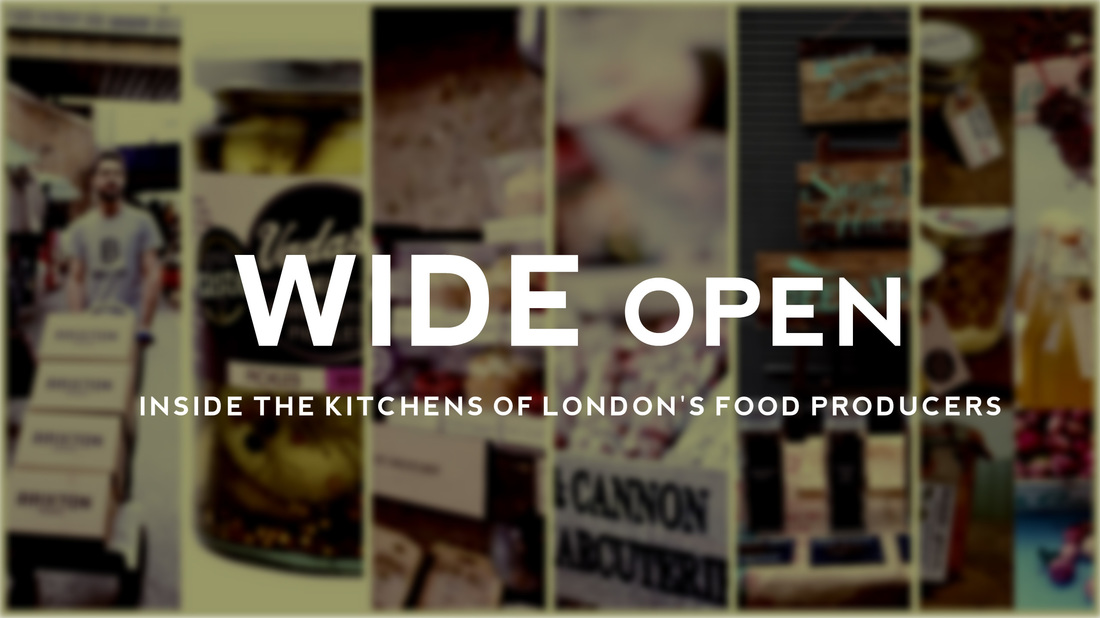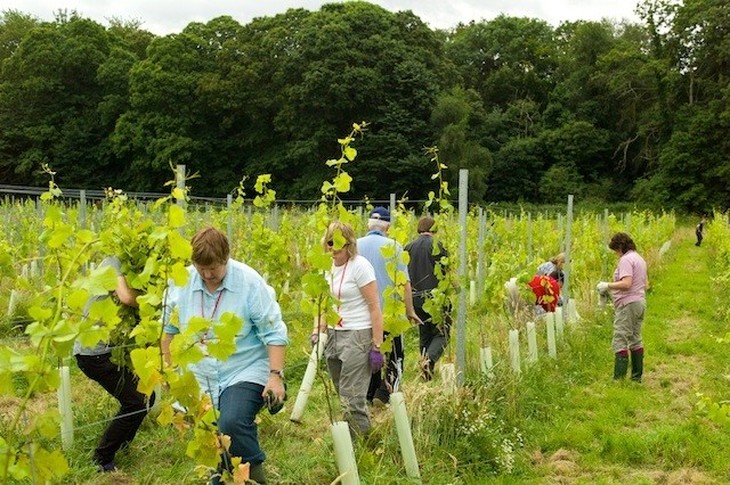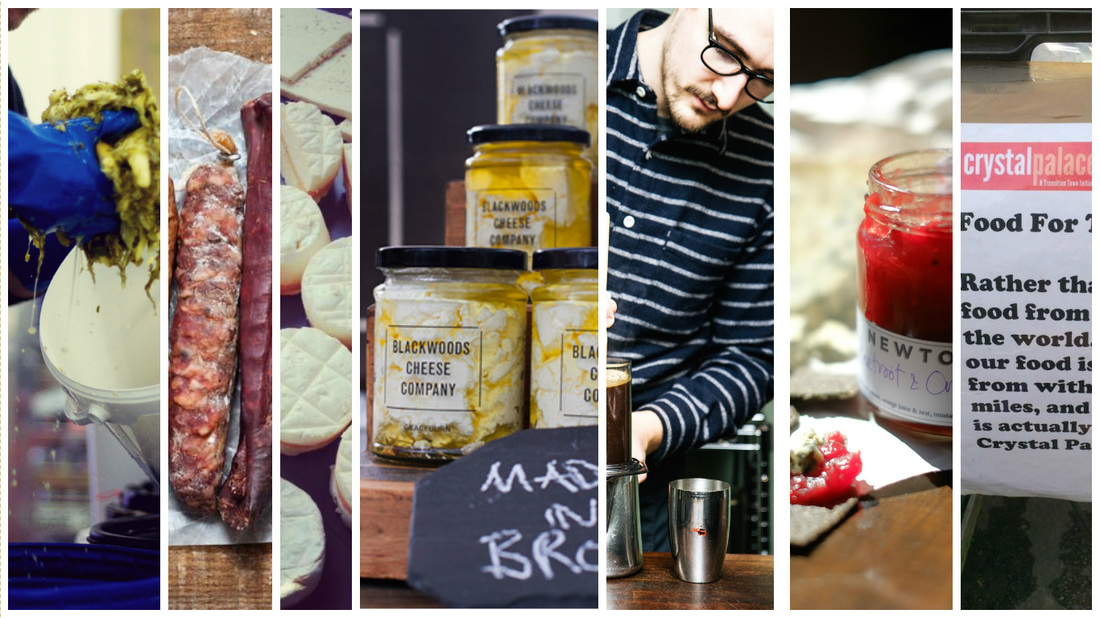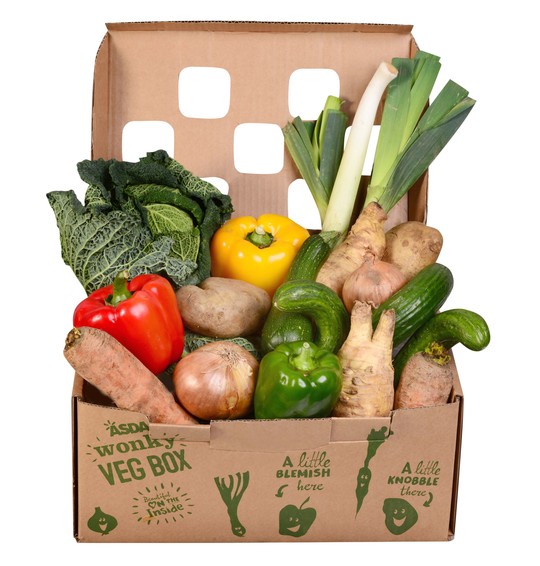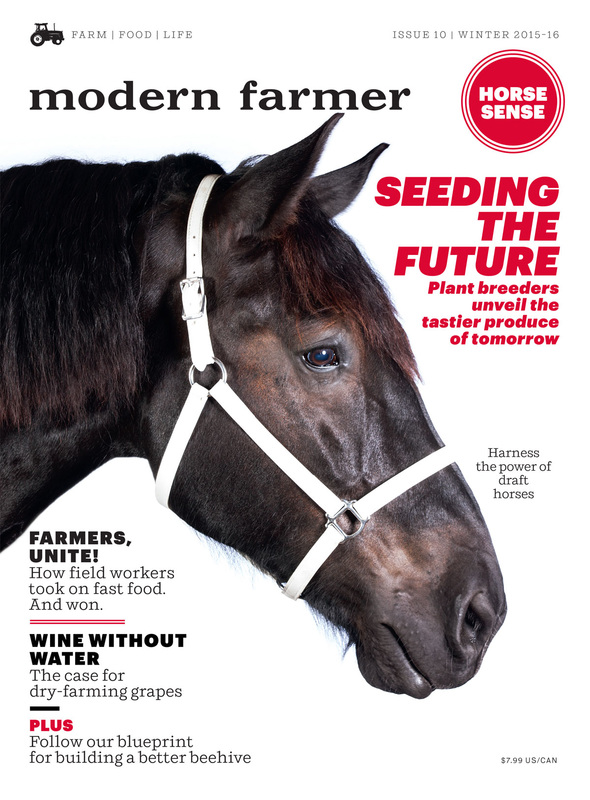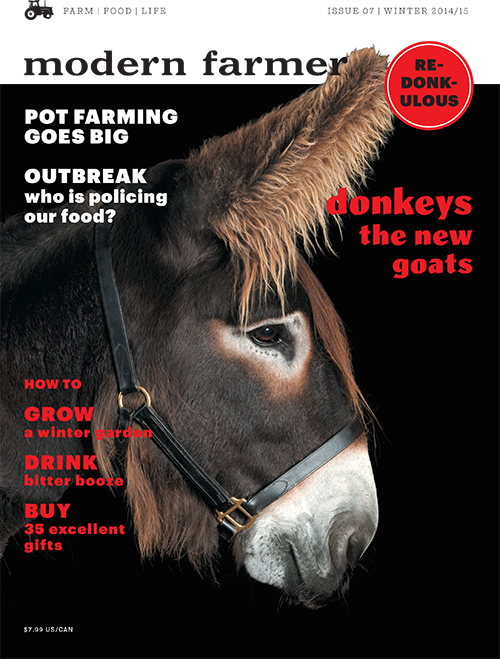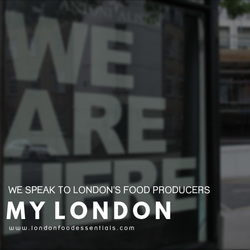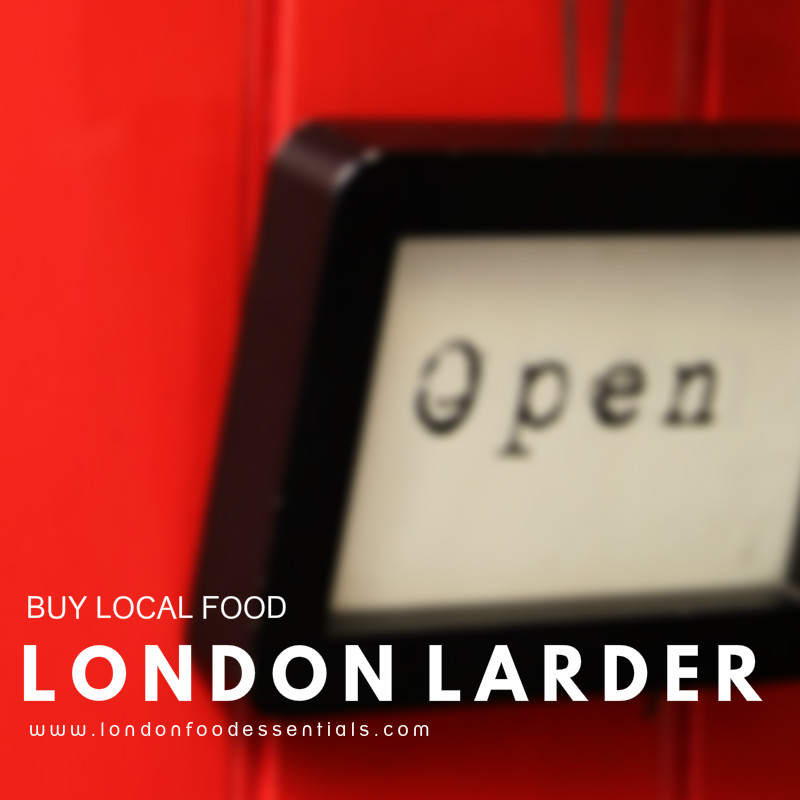|
JUST putting the final touches to PART TWO of our series on Wide Open: Inside the kitchens of London's food producers. This is a series that has us talking here at London Food Essentials and is the realisation of an idea that we had some time ago. Every month for the last three years, we have interviewed one of the city's emerging food producers and entrepreneurs. Interviewing people whose passion, dedication and produce, we have found both inspiring and also representative of the diversity and creativity of London as a food city. Our intention using the recommendations of London's own food artisans is to create a directory of where the city's local producers go to eat and shop to stock in their own kitchens.
0 Comments
With its much anticipated first bubbly released last year, Forty Hall Vineyard has the London foodie community talking. Founder Sarah Vaugh-Roberts speaks about ecotherapy, the British wine industry and weeding.
Enfield on the outskirts of London is the last place that you would expect to find a vineyard. Yet across ten acres of bucolic landscape, an organic vineyard is thriving. Founded by Sarah Vaugh-Roberts in partnership with Capel Manor College, Forty Hall Vineyard is the first working vineyard in London since the Middle Ages. “Forty Hall Vineyard is part of a growing movement of natural wine production,” says Sarah, herself a viticulturist trained at Plumpton College. “Several years ago the British wine industry was relatively unknown or even considered a bit of a joke. Now with so many wines having won major international awards, English wine is now taken very seriously, despite still being a tiny industry.” With approximately 500 vineyards in England and Wales producing sparkling and still wines, sales of English wine are expected to reach £100 million this year. Itself a part of this growing UK industry, Forty Hall Vineyard has gradually established 10 acres of vineyard since 2009. BASED on our interviews with local brewers, cheesemakers, charcuteries, patisseries, bakers and writers, we have collated over 100 recommendations of where local artisans eat, drink, shop and buy some of the best of London’s larder. Today we publish part one of our look inside the kitchens of London's food artisans as they share with us the local produce that they like to have eat. DAN CALLADINE, LONDON POP-UPS Founder of the city's most informative site to London Pop-ups "One of the other great things about London has been the raise of the craft brewery like The Five Points Brewing Company in Hackney and London Fields Brewery. So that’s what you’d find in my London Larder." KYLEE NEWTON, NEWTON & POTT Preserver and author of The Modern Preserver "I’ve recently fallen in love with Cobble Lane Cured British charcuterie. I can’t get enough of their fennel, garlic and red wine salami. Based in Islington, they use British free-range meat." MATT ATKINSON, COBBLE LANE CURED Charcuterie of British cured meats "I tend to trade goods at the market so my larder reflects whoever is there. At the moment, l have some biskies from Cutter & Squidge, cheese from Wildes Cheeses and some tomato chutney from Newton & Pott." FRANKIE CROWLEY, FIENDISH & GOODE Baker of English delicate dainties "I always try to buy British and food in season. So in my larder, you’ll find something from England Preserves. Darling Damson is definitely a favourite. There’s some local honey: a friend of ours keeps bees in Peckham and it is the most incredible honey that I have ever eaten. Blackbird Bakery in south London does blinding bread and I always have a bag of Monmouth Express blend coffee beans. Mountains Boston Sausage chipolaters are a favourite Sunday morning treat from Borough Market, and in our larder, you’ll also find some Charles MacLeod Stornoway Black Pudding. It is the best black pudding ever." PHILLIP WILTON, WILDES CHEESE Cheesemaker "You’d find craft beer from either Redemption Brew or Howling Hops. I’ve got some Picco Salumi (now Cobble Lane Cured), meat from the local butcher in Chelsea and lamb from Ally Pally market. There’s some bread from Flourish, our local bakers, and a tin of baked beans." CHARLI GILES, CHAZWINKLES Preserver "It is more of a British larder! I have a Riverford vegetable box delivered every Monday so I’m always learning about new vegetables such as flowering sprouts. You will always find some Cullisse Highland Rapeseed Oil. Closer to home, I like British charcuterie from Cannon & Cannon, SPOON granola and Northcote Blonde and Commonside Pale Ale from Bellevue Brewing Company based in SW12." STUART RITSON, WORKSHOP COFFEE Wholesale support manager "You’ll find meat from Ginger Pig — they are one of our meat suppliers at Workshop Coffee. Something from General Store as a treat and I always enjoy Kernel Beer. That’s my top three." JAYNE DUVEEN, JACOB’S LADDER Co-founder of farm collaborative, Jacob’s Ladder "I have a piece of our own grass-fed topside beef that has been aged for four weeks. I'm going to roast for the family and use Perrycourt's biodynamic vegetable that I bought at Crystal Food Palace Market. I always have Andy Forbes' sourdough bread as it lasts me all week. Edwina's exquisitely coloured eggs are fabulous scrambled on Andy's toasted bread. There's biodynamic milk and yogurt from local Plaw Hatch Farm. For later in the week I have lemon sole, which I traded for some featherblade with the lovely Dan at Veasey and Sons Fishmongers. He trades next door to us at Brockley market." RUTH BARRY, BLACK ISLE BAKERY Baker "Hansen & Lydersen smoked salmon and Tunworth Cheese from Neal’s Yard Dairy. l like to get Lillie’s O’Brien’s limited editions when she is doing them, like her mulberry jam in the summer (London Borough of Jam). She makes something like twenty jars. Her rhubarb and cardamom jam is amazing as is her classic fig and earl grey." KAREN JONES, CRYSTAL PALACE FOOD MARKET Market co-founder "You’ll find food from the market. All the meat’s from Jacob’s Ladder and the ultra fresh fish from Veasey’s. Olive oil, grains and vinegars, all come from The Grain Grocer. Everything is organic. He started at CPFM and is about to do a pop-up at Brixton Market. All my dressings and marinades come from Heaven Preserve Us. There’s my own salt - French Grey, that I mix with thirteen different spices and seaweeds. I like to cook with ghee and get it from Hook & Son, the market’s organic, raw milk supplier. And of course, loads of fresh organic veg." SEAN CANNON, CANNON & CANNON Co-founder and champion of British cured meats "Nick Vadasz of Vadasz Deli’s fermented pickles go great with charcuterie. I also like Hackney-based Blackhand Food (now Autumn Yard Meat). Hugo Jeffreys makes absolutely delicious charcuterie. I’m also a huge fan of Bermondsey based Kappacesein Dairy and particularly their hard-pressed cheese. You’ll always find that in my fridge." PETER JACKSON, SE SOUTHWARK BREWERY Founder "Scotch eggs from Finest Fayre from Maltby Street. You can’t go wrong: they’re incredibly flavoursome." JONNY HOXTON, BAND OF BANDIT Urban cowboy and maker of jerky "You’ll find some organic olive oil from The Gay Farmer who has a stall at Maltby Street. He sources it from his family’s farm in north west Murcia, Spain. It has a great nutty flavour. Beavertown Brewery does some amazing IPAs. I like to have those in my larder as well." JOE STELLA, STELLACELLO Alchemist and maker of London’s first bitters "Where do I begin? There's Lardo in Hackney for their tantalising in-house fennel pollen salami, black anise pepperoni and lard. London Borough of Jam in Clapton for their amazingly colourful and fresh seasonal jams. Lily Vanilli for her beautiful artistic approach to baking, using the most wonderfully unique ingredients. And for outside of London ... Sussex-based distillery Blackdown Artisan Spirits. Their Sussex dry gin uses birch sap from a nearby forest as a botanical which gives it a unique provenance resulting in a seductively smooth gin. "
WE have long been supporters of any initiative that champions misshapen produce - those perfectly good vegetables and fruits that are normally discarded by supermarkets for their lack of consumer appeal.
So you'll appreciate our enthusiasm for the announcement this week that Asda is trialling a Wonky Veg Box in 128 of its stores from 04 February onwards. This initiative expands the wonky vegetable range that Asda launched last November as a part of its "Beautiful on the Inside" campaign. The Wonky Veg box offers a range of seasonal vegetables for £3.50, of which 20 boxes will be available at each of the participating stores. Asda’s technical produce director, Ian Harrison said: "We’re excited to launch a unique and exclusive Wonky Vegetable box that is jam-packed with ugly winter veg that not only saves shoppers money but helps farmers get more of their crop onto our shelves". In addition to the new veg box, Asda has also further relaxed its specifications on carrots and sweet potatoes. This is allowing the supermarket to include on its shelves those it has previously rejected. This is all good news: we just hope that Asda permanently adopts this initiative. Access to seasonal food is key to Londoner's health and well-being, supports our farmers, and lowers food waste. I'M absolutely thrilled to announce that my article "From N16 to SW9: How London’s Urban Farmers are Cultivating the City" has been published by Modern Farmer this week. The article features three London-based food producers: GrowUp Urban Farms, Barnes & Webb, and Brixton Brewery. Here's a glimpse of the article's content...
One of the most expensive cities in the world, London is not known for its urban agriculture. Yet a new generation of farmers is starting to change all that by transforming the city’s underground tunnels, industrial warehouses, and rooftops into urban acreage. Cultivating derelict and under-utilized spaces, urban beekeepers, growers, and brewers are leading a green revolution in one’s of Europe’s most densely populated cities. Although in its infancy, young entrepreneurs with a commitment to sustainable growing and food production are finding opportunities to grow food commercially. From the UK’s first acquaponic vertical farm to a bee apiary that spans the city’s gardens and rooftops, we look at three businesses who are leading the way. You can read the rest of the article here. |
ARCHIVES
February 2017
|
